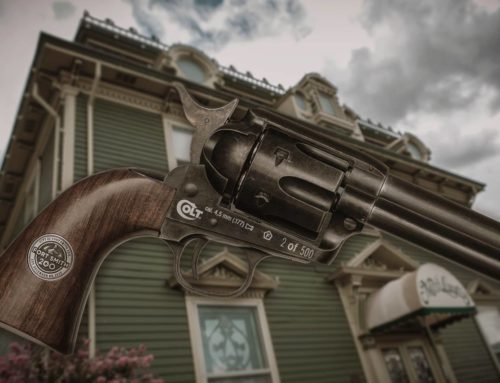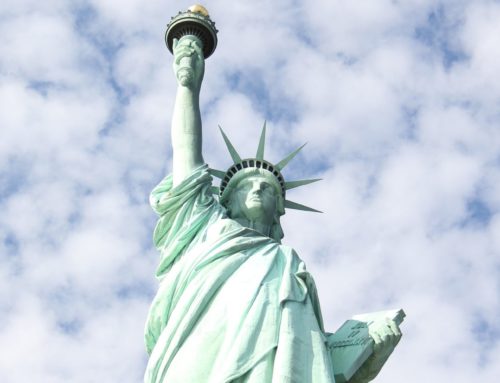I get some variation of this question every week, “I wasn’t Mirandized, does that mean my case gets thrown out?” The answer is probably not, but sometimes it does make or break a criminal case. First of all, let’s review what your Miranda Rights are and how the police should explain them to you:
• You have the right to remain silent.
• Anything you say can be used against you in a court of law.
• You have the right to the presence of an attorney to assist you prior to questioning, and to be with you during questioning if you so desire.
• If you cannot afford a lawyer, you have the right to have an attorney appointed for you prior to the questioning.
• Do you understand these rights?
The rights come from the Supreme Court’s interpretation of the 5th, 6th, and 14th amendments.
Here are some of the general “Miranda” rules and exceptions:
The police can interrogate you without Mirandizing you, as long as those statements obtained are not used against you at trial. For example, when one of the Boston Bombers was interrogated for 16 hours before he was Mirandized. The purpose of this was to get actionable information on the location of his brother or other potentially pending terror attacks, however none of the statements given would have been allowed to be used against him. A practical application of this in your typical criminal case would be something like this: You’re sitting in the park smoking drugs, someone sees you do smoking drugs and calls the police. A police officer shows up, searches you, and finds smoked drugs in your pocket. He arrests you, and on your way back to the station the officer asks you “were you smoking drugs in the park?” and you respond “Yea, I like to get high and feed the birds.” They can’t use that statement against you, but with an eye witness and the drugs found on your person, do you really think they need to?

This is you in the last example, getting high in the park and feeding the ducks at 80 because why not at that age?
If you do give a statement that can be excluded under the Miranda, that doesn’t effect the rest of your case, like in the above example. “The exclusion of unwarned statements … is a complete and sufficient remedy” for any perceived Miranda violation. Chavez v. Martinez, 538 U.S. 760, 123 S. Ct. 1994, 155 L. Ed. 2d 984 (2003); United States v. Patane, 542 U.S. 630, 124 S. Ct. 2620, 159 L. Ed. 2d 667 (2004) (3 justice plurality). So if they can still make their case against you without the statement, then this isn’t a defense.



